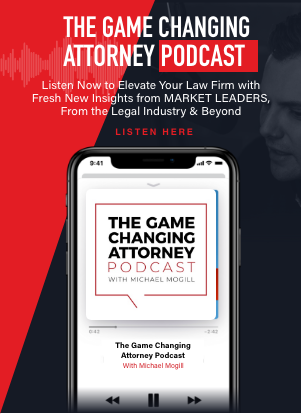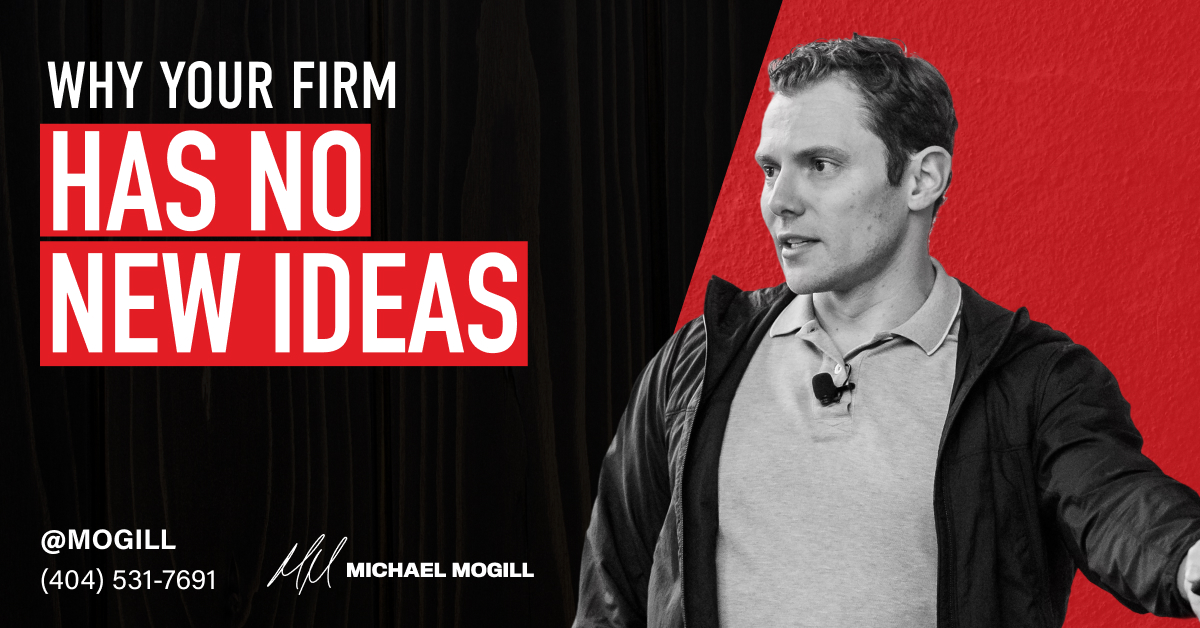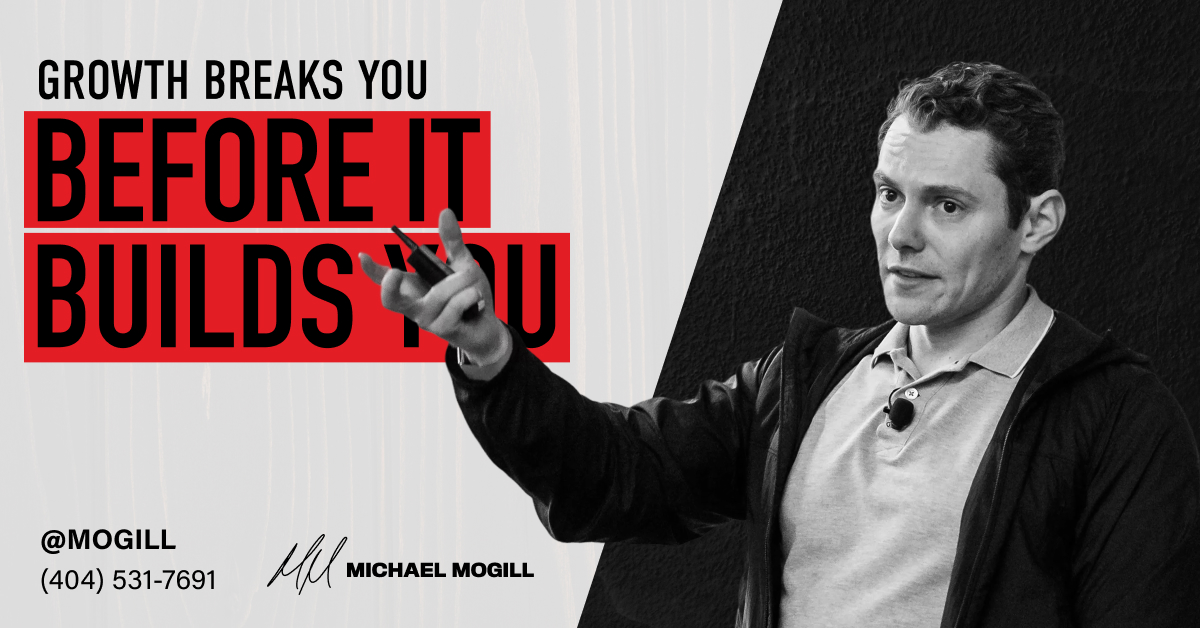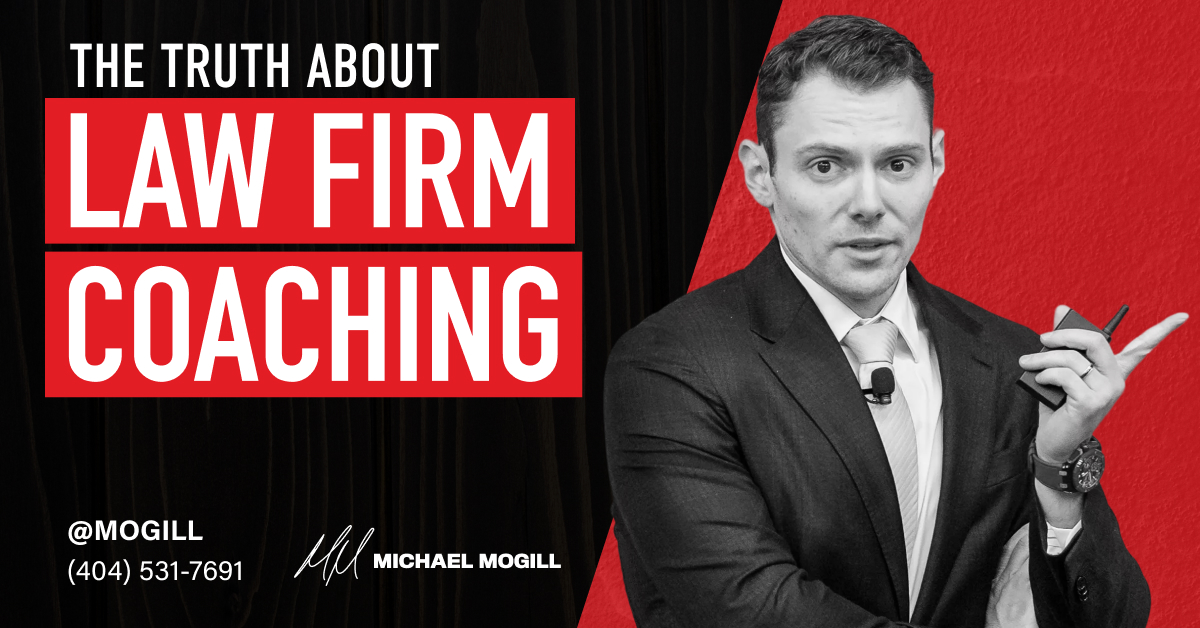Everyone wants to be a thought leader: a person so well-versed in a particular field that people recognize them as one of the utmost authorities in it, someone whose opinion carries a lot of influence and respect.
But the problem is no one wants to do the hard work it takes to get there.
Thought leadership isn’t a title you can slap onto a LinkedIn profile. It’s not something you can claim but something you have to earn — and you can’t earn it overnight.
You earn it by doing the work, building expertise, and delivering results. You take your lumps, grow and evolve, and only then do you start sharing what you’ve learned with others — because now you have something valuable to say. Now your opinions have a (documented) leg to stand on.
But this is where most people fall off: They start too soon, quit too early, or both.
A lot of people are impatient. They want to be known for something before they’ve done anything worth being known for.
I see it all the time: Fresh out of law school, new graduates with zero reps launch a podcast or dropp “thoughts” on LinkedIn like they’ve been in the trenches for a decade.
That’s not thought leadership. That’s wishful thinking.
Real thought leadership starts with doing.
You solve real problems, build mastery, and get results that can’t be ignored. That’s your foundation and the thing that gives you lessons you can share in the first place. Without it, no one will listen — and they’d be right not to.
But let’s say you’ve done the work. You’ve spent time in the shadows, building and mastering your expertise. Even then, an audience is still not guaranteed — because now you have to get laser clear on your message.
A big part of thought leadership is finding your niche.
You must understand that your message will not resonate with everyone, but due to your hyper-specific expertise, the right people won’t be able to ignore it.
You don’t have to be for everyone. In fact, you shouldn’t be. You just have to go all in on being 100% perfect for someone.
Now let’s say you’ve got the first two parts down. You have the expertise and the niche. You still aren’t guaranteed a spotlight. This is the third part where most people quit: handling the silence.
You post something, and no one likes it. No comments, or shares, or impressions. You drop a podcast and hear crickets and think, “Maybe this isn’t for me.”
You’d be missing an opportunity if you give up at that point.
Joe Fried — well-known trucking lawyer and a friend of Crisp — did free educational presentations every week for 10 years. Not 10 weeks. Not 10 months. Years. And now? He’s the guy when it comes to trucking litigation.
Because thought leadership is built on reps, consistency, and patience. You might need to record 100 podcast episodes before anyone even starts to care. That’s not failure. That’s just the business.
So you see, if you really want to build authority, you need to commit for three to five years minimum. No shortcuts. No immediate ROI. Just focused execution, consistent content, and continuous refinement.
That’s the difference between those who say they want to lead and those who actually do.
If you’re putting yourself out there and it’s not landing yet, good. Keep going. Keep learning, getting better, refining your message, improving the delivery, and making your content more valuable. Test what works.
It’s not about going viral. It’s about becoming undeniable over time.
Thought leadership isn’t about instant recognition. It’s about staying in the game long enough to earn it.






